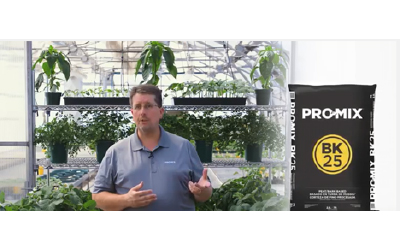Support Grows for Hydroponics as an Organic Production Process
Last week, Greenhouse Grower reported on the ongoing debate over whether hydroponic production should be considered organic. As part of this discussion, the Coalition for Sustainable Organics (CSO) recently joined with the Aquaponics Association, Western Growers, International Fresh Produce Association, Mulch & Soil Council, and The Scotts Company to file an amicus (friend of the court) brief in the U.S. Court of Appeals for the Ninth Circuit. The amicus brief asks the Court to affirm last year’s decision by Judge Richard Seeborg of the U.S. District Court for the Northern District of California that determined that the USDA’s “ongoing certification of hydroponic systems that comply with all applicable regulations is firmly planted in OFPA [Organic Foods Production Act].” Judge Seeborg’s March 19, 2021, ruling upheld USDA’s long-standing policy to allow growers using hydroponic methods to be eligible for USDA Organic Certification.
“Our membership works hard every day to make organics more accessible to more consumers, while upholding the principle of continuous improvement to make organic production more environmentally sustainable,” says Lee Frankel, Executive Director of the CSO. “Our brief is designed to complement the sound legal arguments made by the Department of Justice on behalf of USDA.”
In its brief to the Ninth Circuit, the Department of Justice explained how currently certified hydroponic operations meet the requirements of the laws and regulations governing USDA organic certification.
CSO’s amicus brief complements the Government’s brief by describing how growers present organic system plans that are audited by USDA-accredited independent third parties to document how growers meet the organic requirements. The amicus brief also describes growers’ long-term capital investments in organic hydroponic production systems, as well as the significant and growing consumer demand for organic hydroponic products.
“We look forward to the organic industry coming together at the conclusion of the appeal to strengthen the organic community and work on increasing accessibility to organics and improving the resiliency of fresh organic supplies, rather than continuing these divisive legal actions that seek to limit competition,” Frankel says. “We are grateful for the support of other trade associations and companies that stepped up to defend the interests of organic producers and consumers, as well as to the teams at USDA and the Department of Justice in defending the National Organic Program.”









